ALTHOUGH almost everyone says prime minister Narendra Modi will be elected for a third term with a huge majority in India’s general election, currently in full swing, it’s wiser to wait until the results are officially declared on June 4.
There are so many differences between the north and the south and the different regions of India that it is impossible to predict the Bharatiya Janata Party’s (BJP) majority, assuming that it is going to win.
Whatever the outcome, it is going to affect the diaspora, especially the 2.5 million strong Indian community in the UK.
There hasn’t been that much debate about economic policies. Political parties have been appealing more to voters’ emotions and prejudices. And some of the attacks have been very personal.
For example, Modi has targeted former Congress president Sonia Gandhi, who is not standing in the general election, but who became a member of the upper house – the Rajya Sabha – from Rajasthan.
Modi taunted the Congress leader in a speech made during a rally in Jalore in Rajasthan: “Those who cannot contest elections, cannot win elections, have fled the field. This time, they have come to Rajya Sabha from Rajasthan. The condition of Congress is so bad. In the first phase of voting, half of Rajasthan has punished Congress. Rajasthan, which is full of patriotism, knows that Congress can never make India strong.”
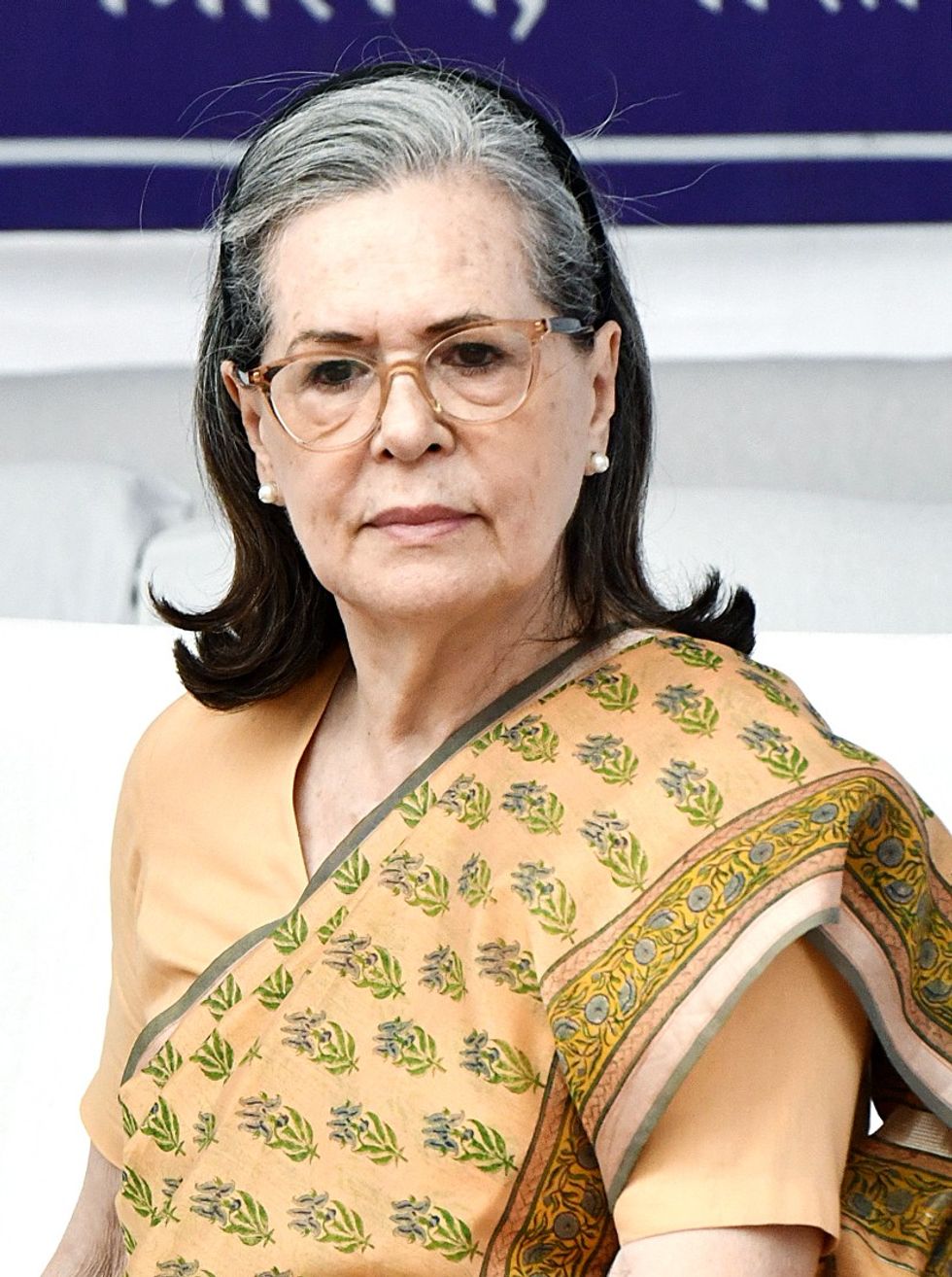
Modi alleged that the Congress, which ruled for 60 years, had deprived “our mothers and sisters” of even “small things like toilets, gas, electricity, water and bank accounts”.
Although Congress had formed an “INDIA” alliance with other opposition parties, they were fighting each other in a number of seats, Modi pointed out, adding, “If there is so much fighting before the elections, then you can imagine how much more they will fight for the loot after the elections. Can we hand over such a big country to these people?”
The prime minister also appeared to refer to Muslims, when he said that if elected, Congress would distribute the country’s wealth “to those who have more children”.
“In their manifesto, the Congress said they will distribute the country’s property...to whom? Earlier, when their (Congress) government was in power, they had said that Muslims have the first right to the country’s assets. This means they will distribute the wealth among those who have more children, among infiltrators. Should your hard-earned money go to the infiltrators? Do you approve of this?”
Congress leader Pawan Khera rebuked Modi and said the Congress manifesto does not mention words like Hindu or Muslim.
“We spoke about justice – justice for youth, tribals, workers, women ... Thanks to the prime minister, people today are reading our manifesto to find out whether we have used any such divisive word... They are realising that Congress used no such words. Neither our manifesto nor our mind, constitution, society has a place for such words.”
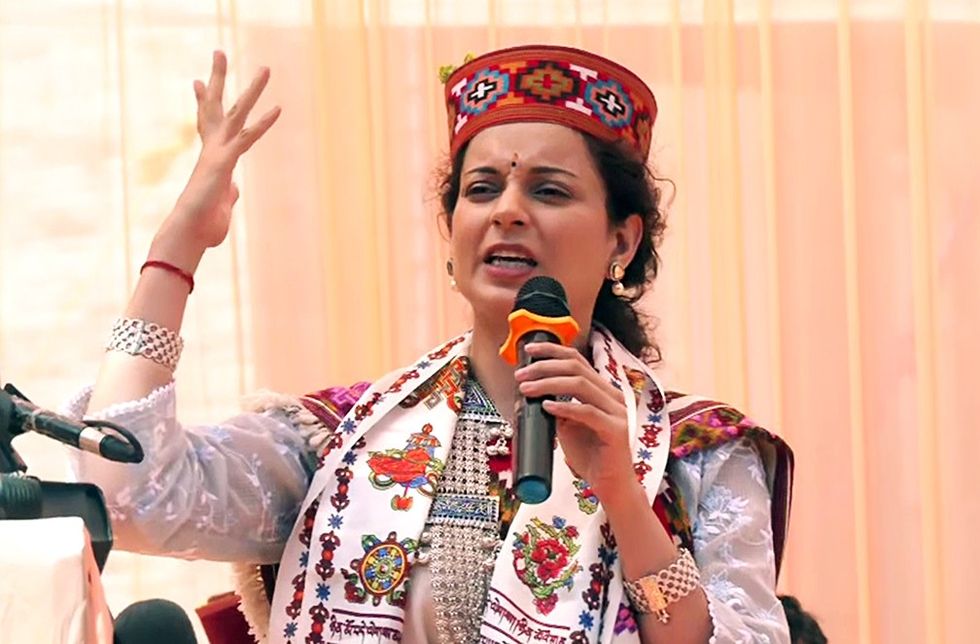
In its turn, the BJP in Himachal Pradesh, where actress Kangana Ranaut is standing as its candidate, complained that Congress had tried to show the Bollywood actress in a negative light by using images from her films.
In a complaint lodged with Election Commission of India, the BJP defended its candidate: “It is the duty of every artist to portray the character given to him or her as convincingly as they can and every character has its own challenges and requirements, but ignoring this aspect, the Congress was repeatedly using Kangana’s artistic pursuits to portray her in a vulgar manner with intentions to demean her as the remarks are not only derogatory and sexually oriented, undermining the dignity of a woman, but are also violative of the mandatory guidelines of the model code of conduct.”
Meanwhile, Arvind Kejriwal, the leader of the opposition Aam Aadmi Party and chief minister of Delhi, is unable to campaign as he has been in jail since April 1, after being arrested by the enforcement directorate on money laundering charges.
His wife, Sunita, sounded like the late Russian leader’s Alexei Navalny’s wife, Yulia, when she claimed: “They want to kill my husband Arvind Kejriwal…he is denied insulin. My husband is a sugar patient who has been on insulin for 12 years; he needs 50 units of insulin daily.”
Indian psychology is such that his arrest could prove counterproductive. Indira Gandhi lost the 1977 general election after jailing tens of thousands of opposition politicians during her state of emergency in 1975.
The historian, Ramachandra Guha, believes the current general election, the 18th since the first in independent India in 1951- 1952, is the most critical since 1977.
What happens if Modi is returned to power? Guha, no friend of the prime minister, has summed up: “In the 10 years that Narendra Modi has been in power, religious minorities, and particularly Muslims, have been pushed ever further to the margins of Indian politics. They face endemic discrimination in everyday life, on the street, in the marketplace, in schools, hospitals, and offices. BJP MPs and ministers mock and taunt Indian Muslims on a regular basis, their message amplified on WhatsApp and YouTube by their supporters. Textbooks are rewritten to indoctrinate schoolchildren with hostility towards fellow citizens who are not Hindus.
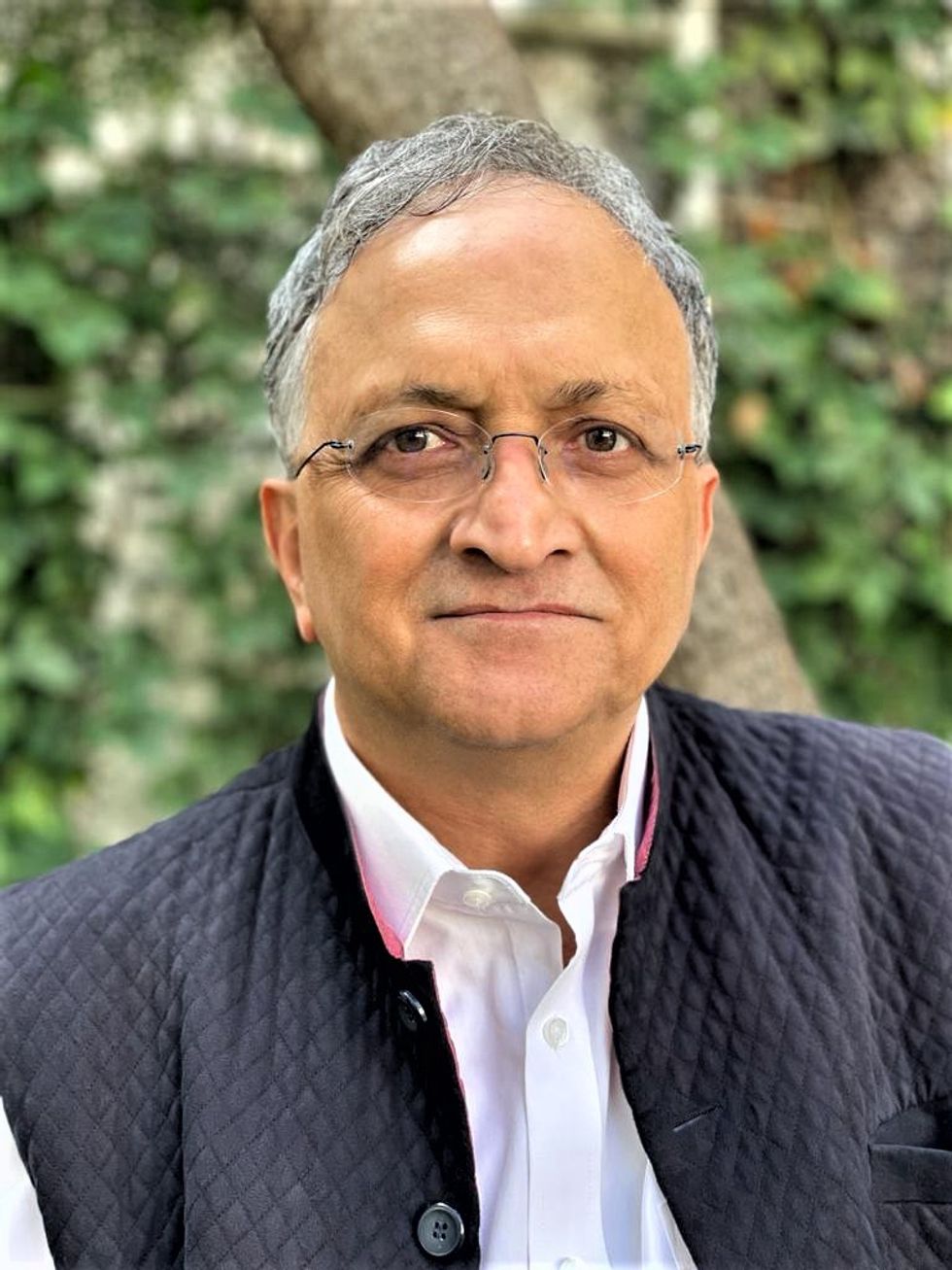
“The stigmatisation of Muslims will continue, and perhaps even sharpen, if Narendra Modi and the BJP win a third term in office. Another victory, especially if it comes with a comfortable majority in the Lok Sabha, will embolden Modi and his party to further tighten the screws on the media, further undermine the independence of the civil services, the judiciary, and public regulatory institutions, further make central universities, IITs (Indian Institutes of Technology) and IIMs (Indian Institutes of Management) centres of Hindutva propaganda, and further weaken the structure of Indian federalism. The reallocation of Lok Sabha seats according to population will be set in motion such that the demographic advantage of the north, where the BJP is strong, will be converted into an enduring political subordination of the south, where the BJP is weak. The south is unlikely to submit meekly to its suppression; but Modi and the BJP may proceed with their plans regardless.
“In a book published in 2007, I characterised India as a ‘50-50’democracy. In updating the book a decade-and-a-half later, I downgraded this to a ‘30- 70 democracy’. A third successive majority for Modi and the BJP will accelerate this decline, with damaging consequences for our social fabric, for our economic prospects, and for the viable future of generations of Indians yet unborn.
“Authoritarianism crushes the spirit; majoritarianism poisons the mind and the heart. The hate and bigotry that it engenders spread like a cancer through the body politic, robbing individuals and society of civility, decency, compassion, of humanity itself. That is why its rise must be checked, by such democratic means as are still available to us. That is why this is the most important general election since 1977.”
My experience is that Indian voters are more sophisticated than foreigners imagine. A total of 543 seats are being contested with 969 million people eligible to vote in seven phases. My guess is that there will be many surprises on June 4.






 LONDON, ENGLAND - JUNE 22: Baroness Floella Benjamin speaks during the unveiling of the National Windrush Monument at Waterloo Station on June 22, 2022 in London, England. The photograph in the background is by Howard Grey. (Photo by John Sibley - WPA Pool/Getty Images)
LONDON, ENGLAND - JUNE 22: Baroness Floella Benjamin speaks during the unveiling of the National Windrush Monument at Waterloo Station on June 22, 2022 in London, England. The photograph in the background is by Howard Grey. (Photo by John Sibley - WPA Pool/Getty Images)









 Ed Sheeran and Arijit Singh
Ed Sheeran and Arijit Singh Aziz Ansari’s Hollywood comedy ‘Good Fortune’
Aziz Ansari’s Hollywood comedy ‘Good Fortune’ Punjabi cinema’s power-packed star cast returns in ‘Sarbala Ji’
Punjabi cinema’s power-packed star cast returns in ‘Sarbala Ji’ Mahira Khan
Mahira Khan ‘Housefull 5’ proves Bollywood is trolling its own audience
‘Housefull 5’ proves Bollywood is trolling its own audience Brilliant indie film ‘Chidiya’
Brilliant indie film ‘Chidiya’  John Abraham
John Abraham Hina Khan and her long-term partner Rocky Jaiswal
Hina Khan and her long-term partner Rocky Jaiswal  Shanaya Kapoor's troubled debut
Shanaya Kapoor's troubled debut Sana Yousuf
Sana Yousuf


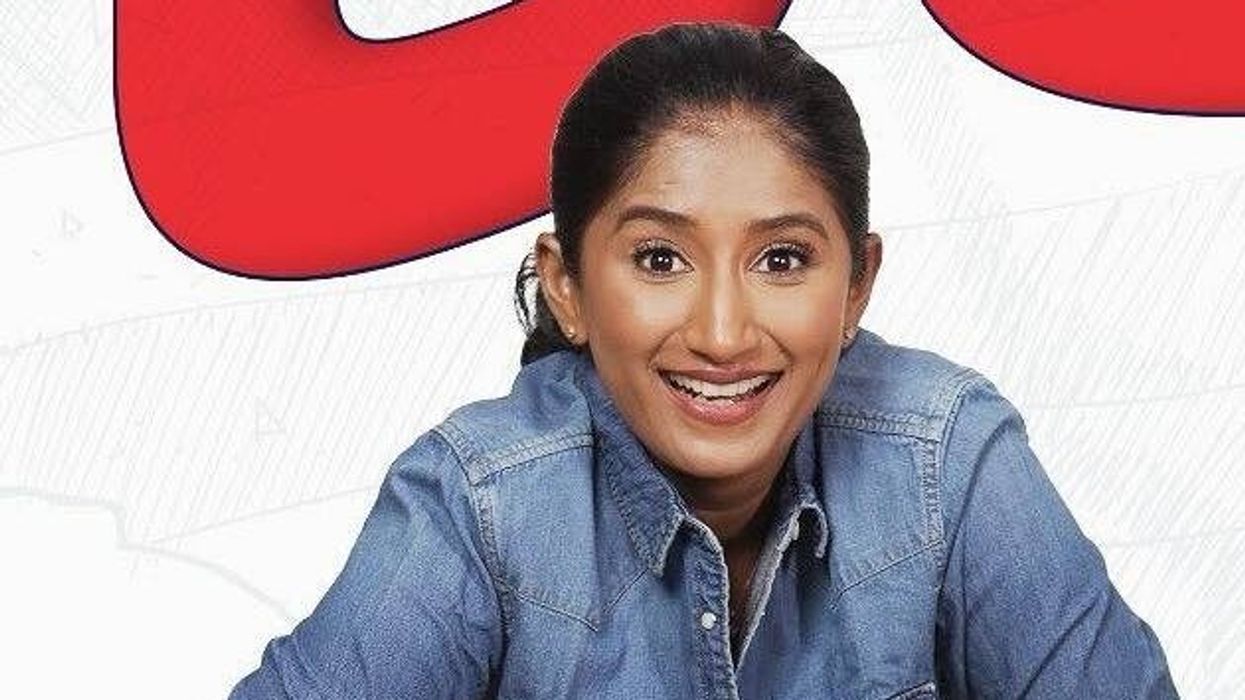
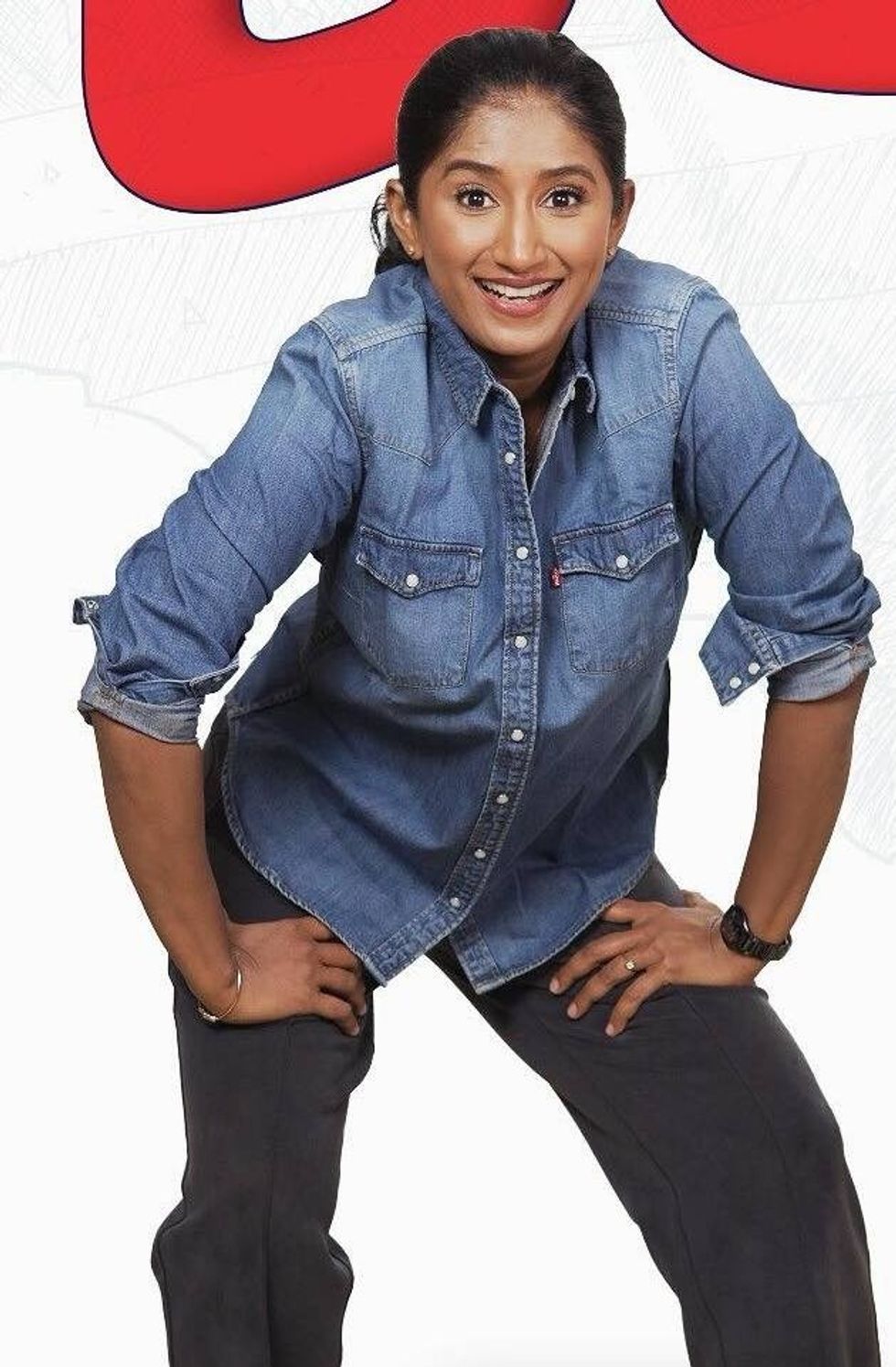 Shraddha Jain
Shraddha Jain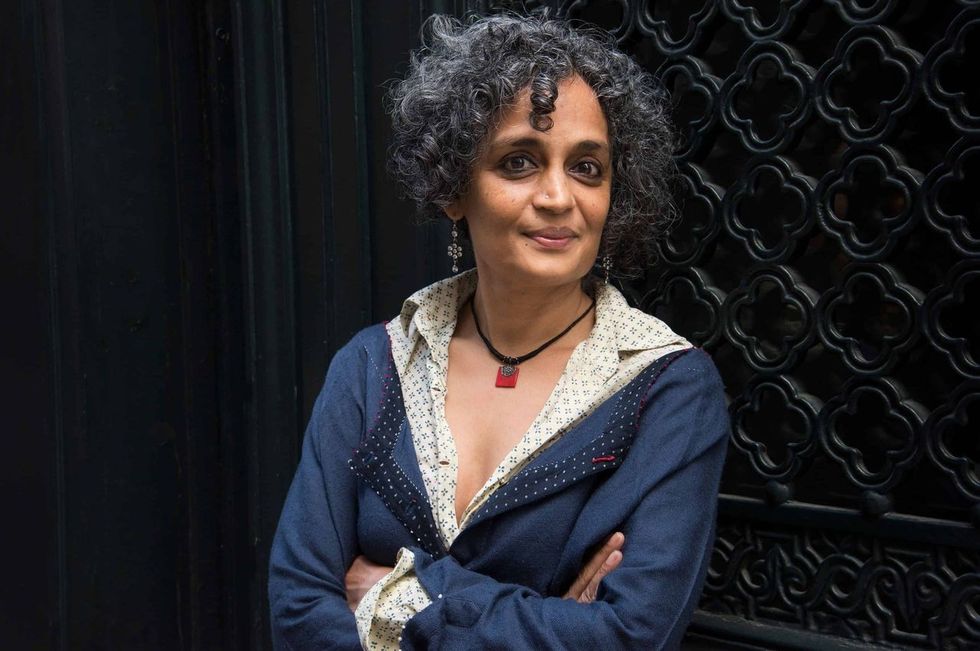 Arundhati Roy
Arundhati Roy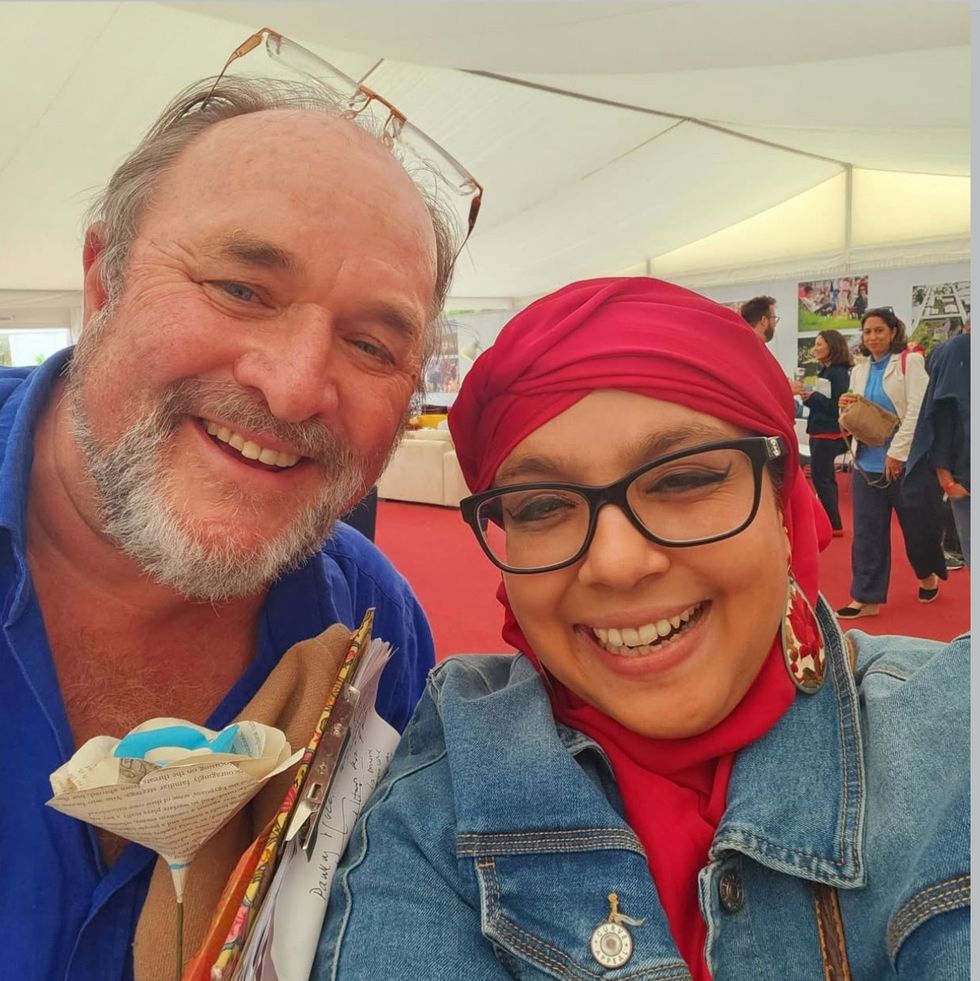 William Dalrymple and Onjali Q Rauf
William Dalrymple and Onjali Q Rauf Ravie Dubey and Sargun Mehta
Ravie Dubey and Sargun Mehta Money Back Guarantee
Money Back Guarantee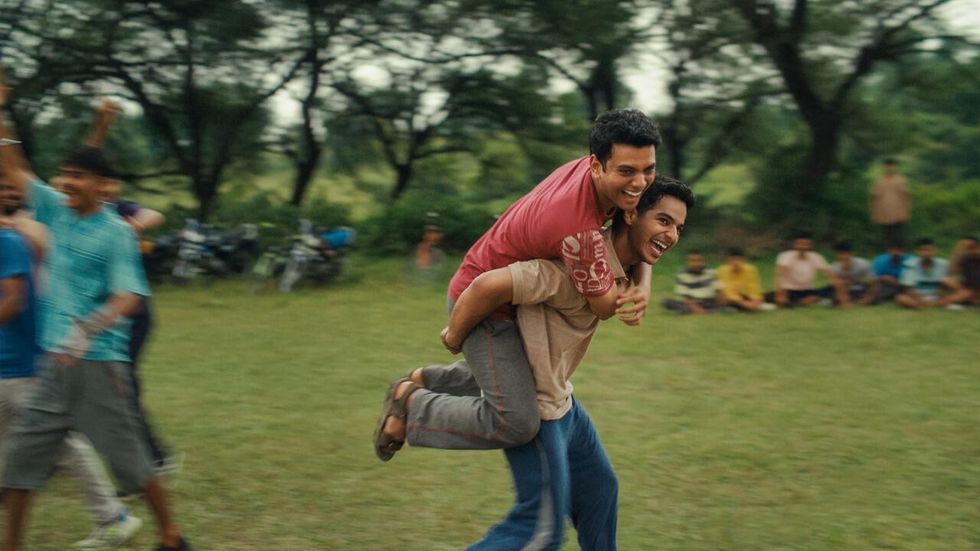 Homebound
Homebound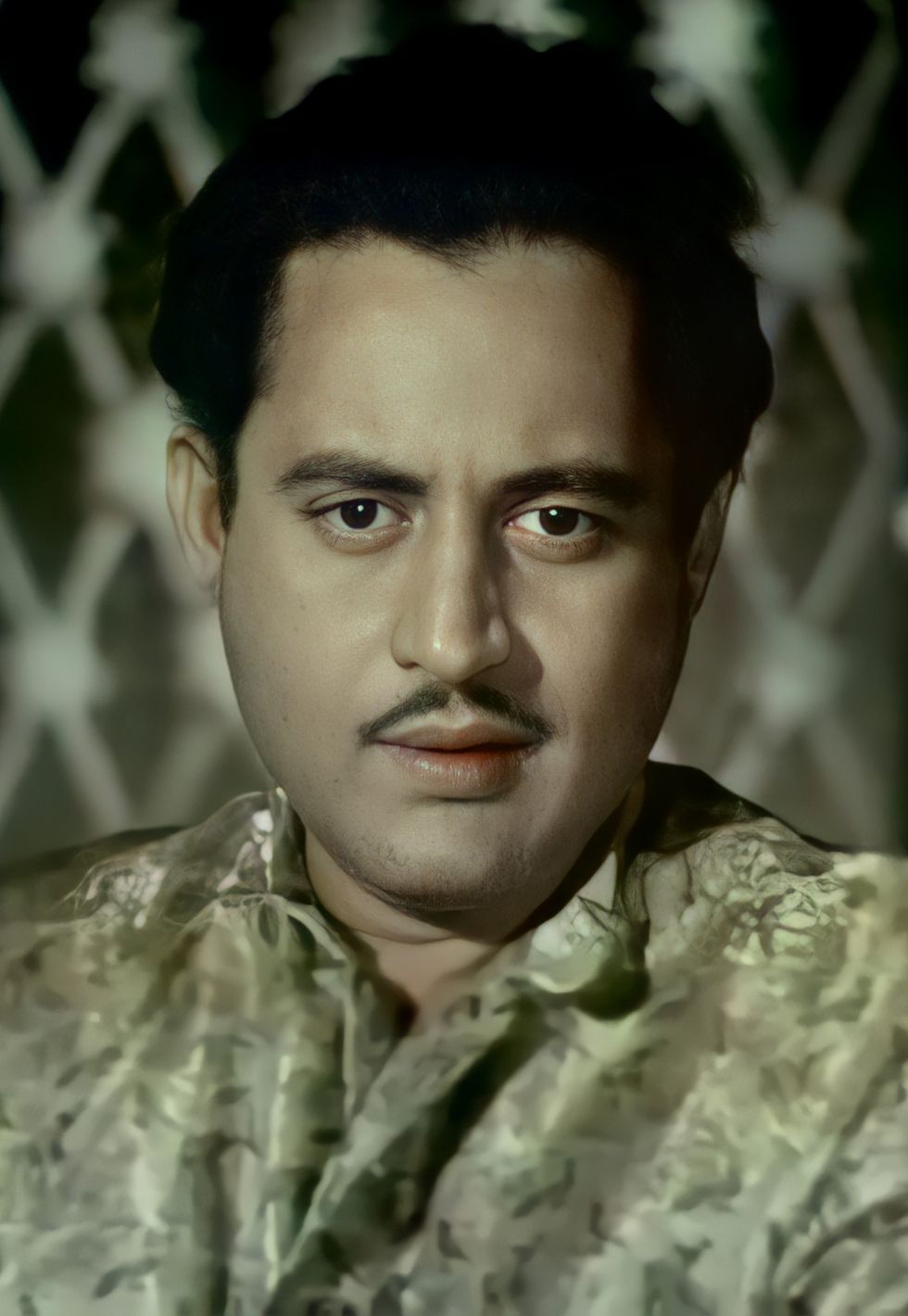 Guru Dutt in Chaudhvin Ka Chand
Guru Dutt in Chaudhvin Ka Chand Sarita Choudhury
Sarita Choudhury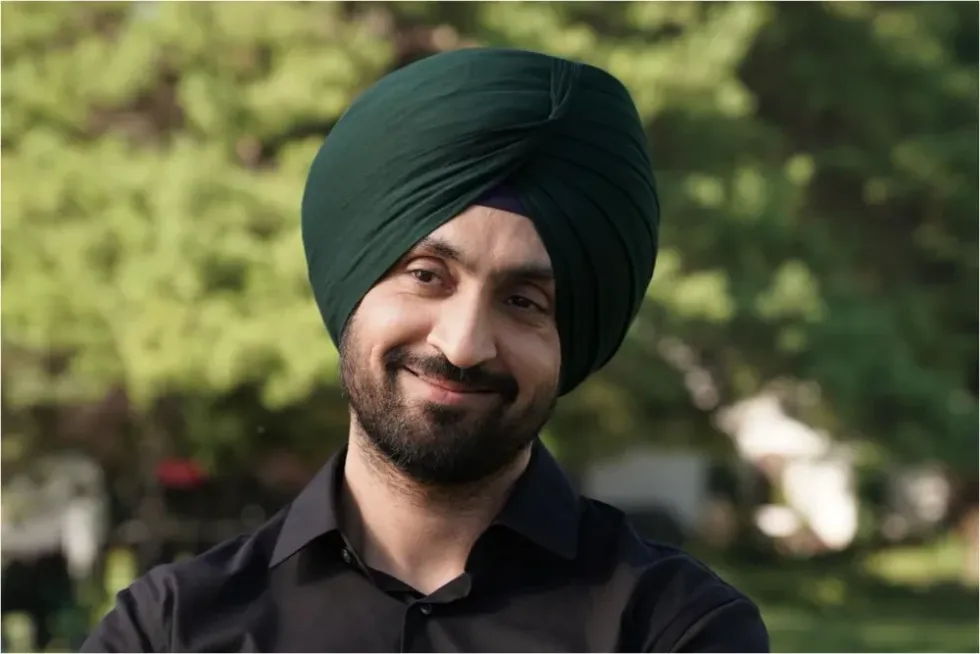 Detective Sherdi
Detective Sherdi